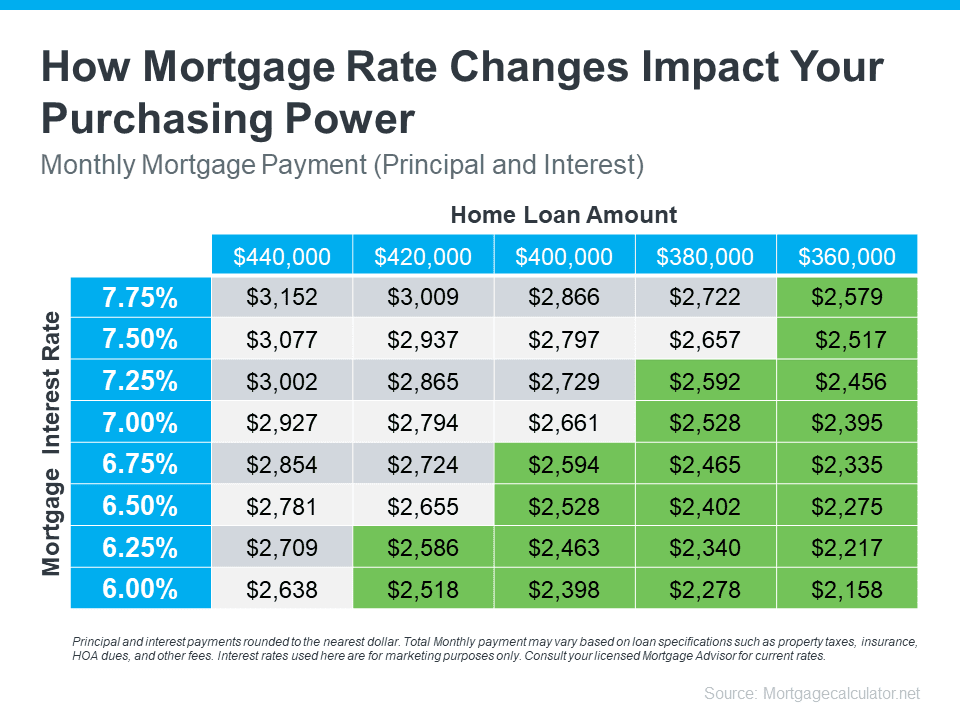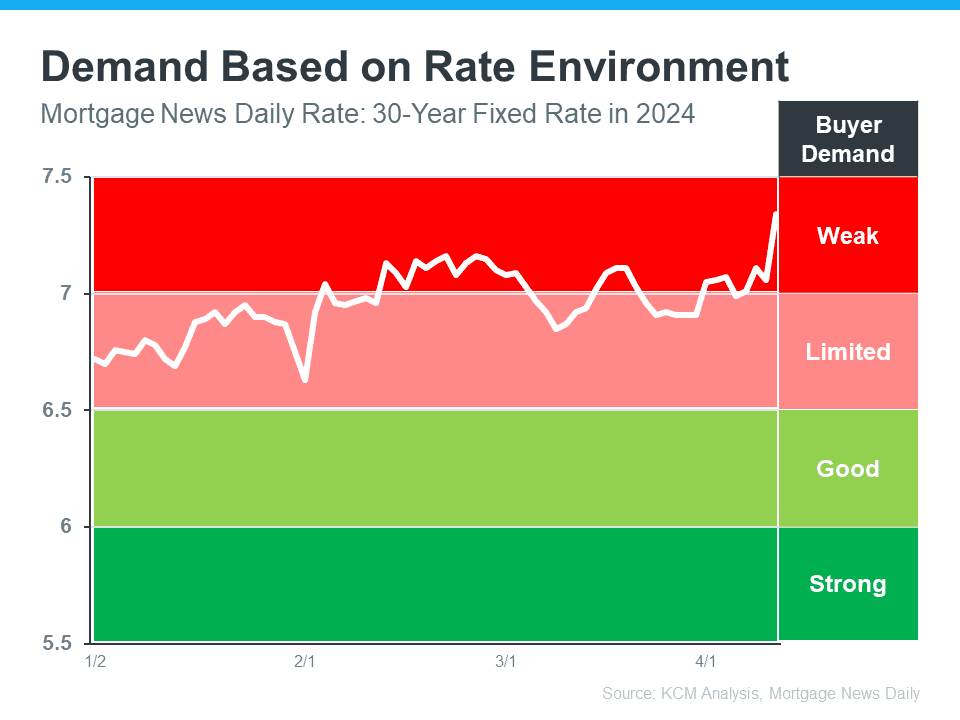The Hidden Power of HOA Living in California: Enhancing Community and Protecting Investments
April 16, 2024

April 16, 2024

Homeowners Associations (HOAs) serve a pivotal role in maintaining the standard of living in many Californian communities. By enforcing rules and managing community amenities, HOAs ensure that neighborhoods retain their appeal and functionality.
The allure of HOA-managed communities in California isn't just in the picturesque landscapes and well-kept facilities but also in the structured governance that protects property values and fosters a communal spirit. Whether you're a current or prospective homeowner, understanding the dynamics of HOA management can significantly enhance your living experience.
In this article, you will learn:
Embarking on this exploration will equip you with the knowledge to maximize the benefits of living within an HOA and navigate its challenges with ease.
Living within the jurisdiction of a Homeowners Association (HOA) in California comes with numerous benefits that enhance both the individual living experience and the overall community environment. These advantages are primarily rooted in the structure and regulations that HOAs are known to uphold.
1. Enhanced Community Amenities and Facilities HOAs are well-known for maintaining and enhancing community amenities which may include pools, fitness centers, security gates, landscaping, and more. These amenities are maintained through the fees collected from homeowners, ensuring that every member enjoys access to well-kept and high-quality facilities. Such amenities not only provide convenience and leisure but also foster a sense of community among residents.
2. Property Value Protection One of the paramount benefits of living in an HOA-managed community is the assurance of property value protection. Strict architectural guidelines and maintenance rules help maintain a uniform and attractive appearance throughout the community, which in turn prevents individual actions from negatively impacting the overall property values. These regulations ensure that every property aligns with the community’s aesthetic standards, preserving the area’s appeal and your investment.
3. Community Events and Social Opportunities HOAs often organize social events such as holiday gatherings, sports leagues, and community parties, which are excellent opportunities for residents to connect and build relationships. These events not only enhance the social fabric of the community but also make it more secure as neighbors get to know each other and look out for one another’s wellbeing.
4. Mediated Dispute Resolution Living in close proximity to others can sometimes lead to disputes, and here, the HOA often acts as a mediator. Whether it’s noise complaints, property boundary issues, or concerns about community rules, HOAs provide a structured approach to dispute resolution that aims to be fair and beneficial for all parties involved.
These benefits form the core of what makes living in an HOA-managed community in California a unique and advantageous experience. The blend of enhanced amenities, property value protection, community engagement, and effective dispute resolution contributes to a higher standard of living and community satisfaction.
Understanding and adhering to the responsibilities and rules set by your Homeowners Association (HOA) is crucial for harmonious living in any community. These regulations are not only designed to maintain the aesthetic and functional standards of the neighborhood but also to ensure that all residents enjoy a consistent quality of life.
1. Understanding Your Responsibilities As a member of an HOA, your primary responsibilities include paying HOA fees on time, maintaining your property according to the community’s standards, and participating in community decisions when needed. HOA fees are pivotal as they fund the maintenance of common areas and amenities, and failing to pay these fees can result in fines or even liens against your property.
2. Common Rules and Regulations HOAs in California typically enforce a variety of rules that may affect everything from the color you can paint your house to the type of landscaping you can have or where you can park your car. These rules are intended to preserve the unified appearance of the community and prevent activities that could detract from the neighborhood's overall appeal and tranquility. Understanding these rules is essential to avoid potential conflicts and ensure you are in compliance.
3. Legal Framework Governing HOAs In California, HOAs are governed by both state law and the association’s own declarations, bylaws, and covenants, conditions, and restrictions (CC&Rs). These legal documents outline the rights and obligations of both the HOA and its members. Familiarity with these documents can provide you with the knowledge needed to navigate issues effectively and understand the limits of HOA powers.
4. The Importance of Compliance Compliance with HOA rules isn’t just about avoiding penalties—it’s about contributing to the community’s welfare. Violations can lead to disputes and decrease the overall quality of life in the community. Therefore, it’s beneficial for residents to actively engage with and uphold these standards.
5. Change and Advocacy within the HOA If you find certain rules to be outdated or overly restrictive, HOA communities typically offer mechanisms through which members can propose changes. Understanding how to effectively use these mechanisms can help you influence and improve community guidelines in a way that benefits all residents.
By embracing these responsibilities and understanding the rules, members of an HOA can ensure a peaceful and enjoyable living environment while safeguarding their investment in their home and community.
Active participation in your Homeowners Association (HOA) can significantly enhance your living experience and allow you to influence the community’s future. Engaging effectively with your HOA isn’t just about attending meetings; it’s about understanding how to communicate your ideas and concerns constructively and becoming involved in a way that positively impacts the community.
1. Participation in HOA Meetings Attending HOA meetings is crucial if you want to stay informed about the community’s affairs, upcoming projects, and financial management. These meetings are also a platform where you can voice your concerns and suggestions. Regular attendance helps you understand the intricacies of your community’s operations and the rationale behind certain decisions.
2. Understanding the Decision-Making Process HOA boards make decisions through a structured process that typically involves discussions, voting, and the implementation of policies. Understanding this process can help you effectively influence decisions. It’s important to know how proposals are brought to the table, how the voting works, and how you can participate in these decisions, whether it’s by voting yourself or by influencing the direction of the vote through advocacy and persuasion.
3. Effective Communication Strategies Effective communication with the HOA board and other members is key to resolving issues and making your voice heard. Always approach communication with clarity and respect, whether it’s during meetings, through official correspondence, or in informal discussions. If you have a proposal or a complaint, presenting it in a constructive manner, backed by reasonable arguments and possible solutions, can increase your chances of a favorable outcome.
4. Resolving Disputes Disputes may arise from time to time, and knowing how to handle these conflicts amicably within the HOA structure is essential. Utilize the established dispute resolution procedures your HOA has in place. These are designed to handle conflicts in a fair and efficient manner, often without needing to resort to external legal action.
5. Becoming a Board Member If you’re particularly motivated to shape your community, consider running for a position on the HOA board. This role will allow you to directly influence community policies and improvements. Serving on the board requires a commitment of time and energy but is often rewarding in terms of personal satisfaction and the positive impact you can have on your community.
Engaging actively and constructively with your HOA can make your community a better place to live, providing you with an opportunity to ensure that your living environment reflects your values and needs.
The strength of a Homeowners Association (HOA) often lies in the collective action of its members. When residents come together with a shared vision and cooperative spirit, they can achieve remarkable improvements and resolve significant issues within their community. This section highlights the benefits of collective action and provides examples of how HOAs in California have successfully leveraged group efforts to enhance community living.
1. Successful Community Projects Many HOAs in California have initiated community projects that have significantly enhanced the quality of life for residents. These projects can range from environmental initiatives like solar panel installations and water conservation gardens, to recreational improvements such as building new playgrounds or upgrading community centers. By pooling resources and expertise, HOAs can undertake substantial projects that might be unfeasible for individual homeowners.
2. Enhanced Safety and Security Collective action can also improve safety and security within the community. Initiatives such as neighborhood watch programs, the installation of security cameras, and gated entrances have been successfully implemented by HOAs. These measures not only enhance the physical security of the area but also promote a sense of shared responsibility among residents.
3. Advocacy and Influence When facing external challenges or opportunities that impact the community, a united HOA can be a powerful advocate. For example, HOAs can negotiate with local governments for better services or improvements to local infrastructure, or they can challenge proposed developments that may negatively affect the community. Collective advocacy ensures that the community’s voice is stronger and can have a more significant impact than individual efforts alone.
4. Conflict Resolution The ability to resolve internal conflicts amicably is another advantage of collective action. By establishing clear guidelines and mediation processes, HOAs can handle disputes internally without the need for costly and divisive legal battles. This not only saves resources but also helps maintain harmony within the community.
5. Case Study: A California HOA Success Story Consider the case of a California HOA that successfully petitioned for traffic calming measures in their neighborhood. By organizing community meetings, gathering signatures for petitions, and presenting a united front to local authorities, the HOA was able to address residents' concerns about speeding and enhance pedestrian safety in their community.
These examples illustrate how collective action under the framework of an HOA can lead to significant enhancements in community living. When homeowners engage actively and collaboratively, the potential for positive change is immense.
Participating in a Homeowners Association (HOA) in California offers more than just a structured living environment; it provides a platform for community engagement and collective action that can significantly enhance your quality of life. Throughout this article, we've explored the multifaceted benefits and responsibilities of being part of an HOA, as well as practical advice on how to effectively engage and influence your community.
As you reflect on the insights shared here, consider how you can apply these principles to become a more active and influential member of your HOA. Whether it's by attending meetings, voting on important issues, or even running for a board position, your involvement can make a tangible difference.
For those interested in further exploration, delving into how to choose the right HOA when buying a new home could be an excellent next step. Understanding the characteristics of effective and well-managed HOAs can guide you in making informed decisions that align with your lifestyle and values.
By embracing the opportunities presented by HOA living, you can contribute to creating a vibrant and thriving community.
Stay up to date on the latest real estate trends.

April 24, 2024
Exploring the Contemporary Landmarks of Societal Enrichment

April 23, 2024
Monarch Real Estate: Excellence in Luxury Real Estate

April 23, 2024
Empowering Homebuyers with Tools and Expert Insights

April 16, 2024
Unlock the Benefits, Understand the Rules, and Engage Effectively in Your HOA

April 16, 2024
Decoding Market Trends to Determine the Best Time for Your Move

April 11, 2024
Unlock the Secrets to a Quick, Profitable Home Sale Through Expert Staging and Presentation Techniques
You’ve got questions and we can’t wait to answer them.